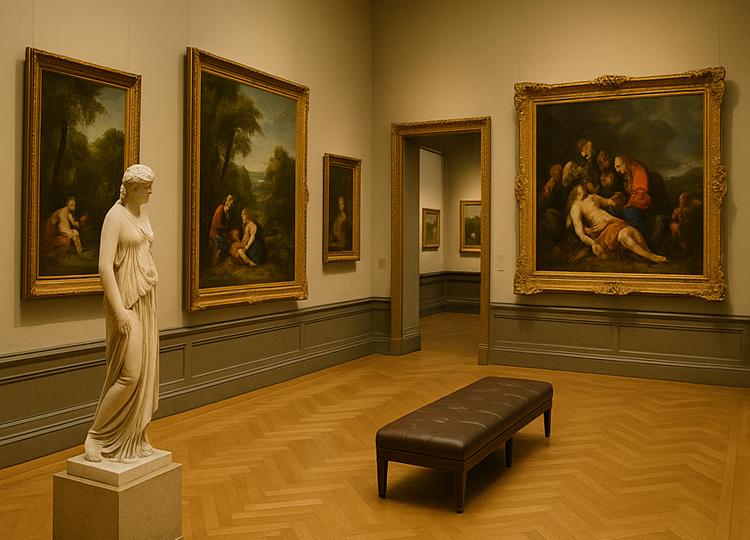
Foundations: a tool for the promotion, investment and protection of art
Foundations have become a well-established legal vehicle within the art and culture ecosystem, aimed at the preservation, promotion and dissemination of artistic heritage. At Devesa, we created a dedicated Art Law practice within our legal and tax advisory services to support collectors, families with artistic assets, investors and institutions in the creation, management and legal structuring of foundations — entities which also offer significant tax advantages.
What is a cultural foundation and what is its purpose?
A foundation is a legal entity without profit-making intent, created by one or more individuals who permanently allocate assets to pursue purposes deemed to be of public interest. In the context of culture, these foundations typically aim to:
Preserve private collections
Promote emerging or established artists
Manage exhibitions
Support art education and training
Promote art historical research
In Spain, cultural foundations — whether state-wide or regional — must comply with certain legal requirements. These include holding sufficient assets to guarantee their sustainability, maintaining an organisational structure suited to their activities, and being subject to the supervision of the relevant protectorate authority, which ensures legal compliance and the proper use of the foundation’s resources.
How does a cultural foundation operate?
Foundations operate in accordance with their statutes and the founder’s intent, as set out in the founding deed. They are typically governed by a board of trustees (Patronato), a collegiate body made up of individuals or legal entities which serves as the foundation’s legal representative and strategic decision-maker. In the case of art-related foundations, the board may include art historians, cultural managers, legal experts or family members of the founder.
These foundations may acquire, preserve, restore and display artworks; organise educational or outreach activities; collaborate with museums and universities; or award grants and prizes to encourage artistic creation. While foundations cannot distribute profits, they may engage in economic activities provided that all income is reinvested exclusively in support of their stated objectives.
Tax advantages and appeal for investors
One of the main incentives for establishing a cultural foundation is the favourable tax treatment provided under Spanish law — particularly where the foundation is granted public benefit status. In such cases, the foundation is typically exempt from corporate income tax on revenue derived from its core charitable activity and may also benefit from generous donation reliefs.
In general terms, both individuals and companies that donate to a qualifying foundation can claim deductions under personal or corporate income tax, making foundations an attractive tax-efficient structure.
That said, the tax implications of setting up, managing or transferring assets to and from a foundation — or for the founders, investors, and beneficiaries — will depend on the specific facts of each case. For this reason, such matters must be reviewed by our tax department.
Devesa: your legal partner for art and philanthropy
At Devesa, we have a multidisciplinary team specialised in Art Law and cultural foundations, offering end-to-end advisory services at every stage of the foundation’s life cycle. This includes:
Legal structuring and strategic design
Drafting statutes and handling the foundation’s constitution
Legal support before the protectorate
Ongoing tax and governance advice
We also advise on:
Contracts for the contribution or acquisition of artworks
Agreements for the temporary loan or use of art
Compliance with intellectual property regulations
Legal issues affecting foundation operations
These services are aimed at founders, collectors, investors and institutions wishing to use foundations as a means to protect and promote cultural assets.
Do you need advice? Access our area related to foundations in the art ecosystem:
